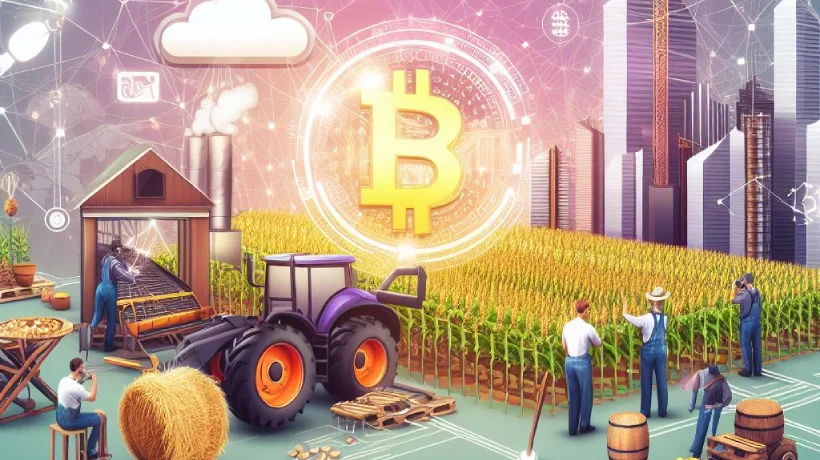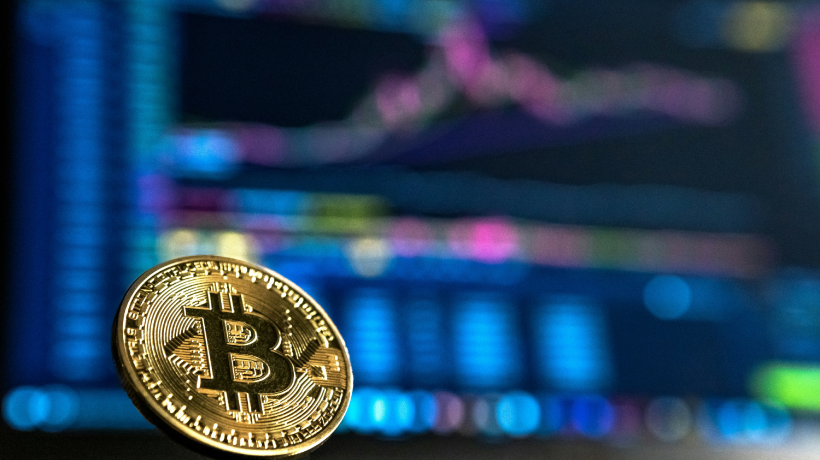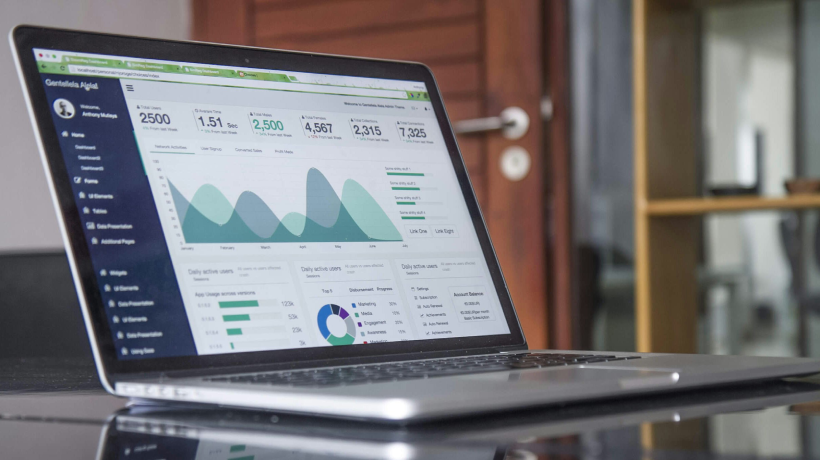
The agri-food sector is one of the central elements of the global economy, responsible for the production, distribution and supply of food to millions of people around the world. However, this sector faces significant challenges, including traceability, food safety and transparency in the supply chain. In this context, blockchain is emerging as a revolutionary technology that can transform the way we manage and guarantee the quality of the foods we consume.
The blockchain is a form of decentralized digital register that allows safe and transparent recording of transactions. In the agri-food context, the blockchain can be used to track the path of food products along the entire supply chain. From sowing to harvesting, from processing to distribution, every step is permanently recorded on the blockchain.
This traceability offers many advantages. In the event of a food emergency or contamination, the source of the problem can be quickly identified, minimising the impact on public health. Consumers, on the other hand, can easily access information on the origin and quality of food by simply scanning a QR code on the packaging.
Food safety is a priority concern, and blockchain can play a key role in ensuring that food reaches the final consumer without health risks. Immutable blockchain logging prevents data manipulation, ensuring that food safety information is accurate and verifiable.
For example, in the case of organic products, the blockchain can track the entire production process, from the type of fertilizers used to the date of sowing and the management of crops. This information can be easily verified by certification bodies and consumers themselves, helping to maintain the integrity of the organic sector.
Blockchain can also improve operational efficiency in the agri-food supply chain. By automating recording processes and sharing data in real time, you can reduce event response times and improve information accuracy. This leads to greater trust between the actors in the supply chain and encourages greater collaboration.
In addition, the implementation of blockchain improves transparency at every stage of food production and distribution. All actors involved, from farms to distributors, have access to the same information, reducing the risk of fraud and unfair commercial practices. This increase in transparency can also be a competitive advantage for companies looking to demonstrate the quality and ethics of their products.
Trackit blockchain debuts in Italy, the initiative of the ICE Agency designed to offer Italian small and medium-sized enterprises (SMEs) a cutting-edge tool to promote the clarity and authenticity of their production chains.
A tangible opportunity for companies operating in the agri-food sector, which will have new means available to enhance ethical and sustainable production practices, thus gaining a stronger competitive advantage on the international market, in particular by combating unfair competition. Through the adoption of blockchain technology, manufacturers will be able to transparently disseminate crucial information regarding each stage of the production process, involving consumers and making them aware of the entire supply chain.
SOURCE: AgroNotizie
InternationalBanker

Viola Meacci, student of Biomedical Engineering at the University of Pisa, has always been interested in the world of journalism. In her job, she explored the world of blockchain, cryptocurrencies, NFT and metaverse which she now very is passionate about it .





